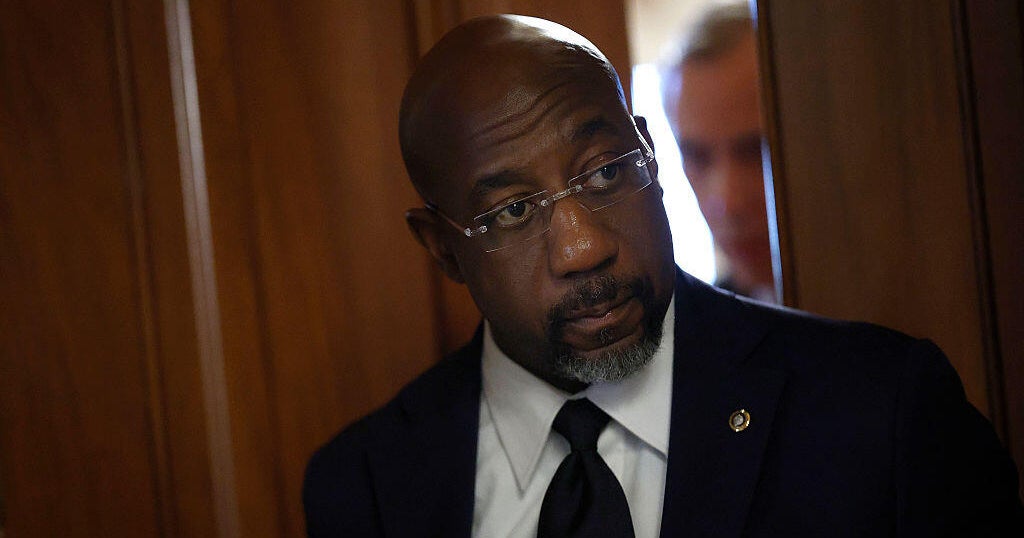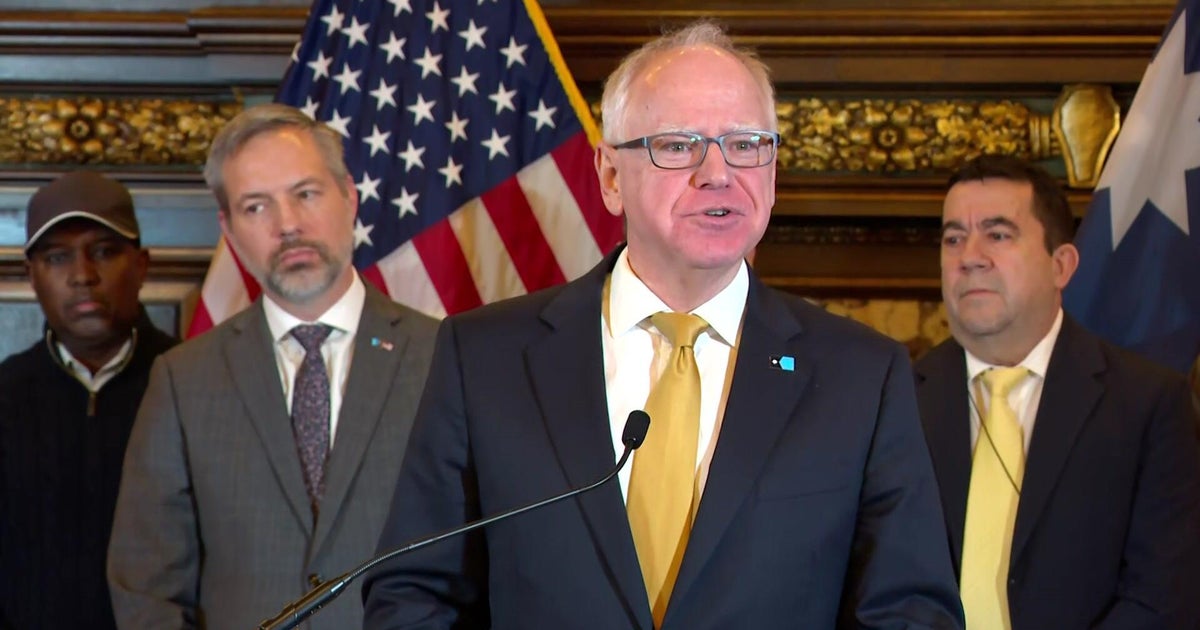White House considers "timely" and targeted coronavirus-related aid for Americans
The Trump administration is considering "timely" and "targeted" measures to provide financial assistance to Americans hardest hit by the coronavirus, top White House economic adviser Larry Kudlow said Friday morning.
It's unclear exactly what form the assistance will take yet, Kudlow said during television interviews and to reporters in the White House Briefing Room, but the administration is looking at how to provide some form of financial help to certain geographic areas, small businesses, families who miss paychecks, or certain industry sectors. That could be done through some form of executive action, Kudlow said, and the administration might require more funding from Congress than the $8.3 billion signed into law as it combats the spread of the coronavirus.
"We want to have this targeted in a timely fashion for those areas that have been hit the worst," said Kudlow, who said he doesn't like the word "bailout," but prefers referring to such possible aid as "targeted" and "timely" measures.
Kudlow suggested the administration has options for disbursing aid through the Small Business Administration.
"We have authority in many places to set up, I'm just going to call them operations that would provide immediate cash assistance," he said.
When President Trump was asked later in the day whether he's considering deferring taxes for companies like cruise lines or airlines, the president said they're looking at different options.
Kudlow acknowledged that some families will likely miss paychecks because they have to stay home from work. Asked what his message is to families who fear loss of income because of work absences related to coronavirus precautions at their jobs or because their kids have to stay home from school, Kudlow said, "We will help them."
The remarks from Kudlow, a member of the White House's coronavirus task force, are the first clear comments from a White House official suggesting the administration may provide some form of financial assistance to offset the economic fallout from the coronavirus, which has sunk the stock market and stirred increasing concerns about what the consequences could be for average Americans.
Kudlow said the current economic situation and any potential economic assistance are not comparable to the 2008 financial crash and subsequent bailouts.
"This, too, will pass," Kudlow said. "The financial crash, complex thing, lasted a long time. This has nothing to do with that."
The spreading coronavirus, of which there are more than 100 confirmed cases and 14 deaths so far, has prompted questions about whether the administration did enough, early enough. Only recently have stringent testing requirements been relaxed to allow for more testing, and public health officials have been scrambling to send out enough tests. Health experts fear the actual number of cases may be significantly higher but remain undetected because of the shortage of tests.
President Trump's trip to the Centers for Disease Control was canceled, but is now back on Friday, after a CDC staffer believed to have contracted the virus tested negative.



